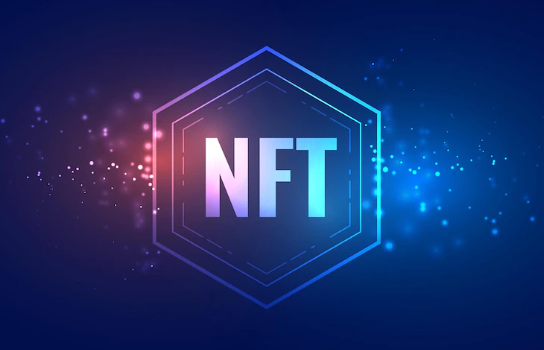
What are the benefits of power platform certification? In this article, you’ll get to see how certifications for professionals such as power platform consultants can help you turn your business dreams into prosperity.
What is Power Platform Certification?
Power Platform Certification is a globally recognized certification program that provides you with the skills and knowledge needed to design, deploy, operate, and manage your own power platforms.
Power Platform Certified professionals are in high demand by both the public and private sectors. They can work in a wide range of industries, including oil and gas, renewable energy, utilities, transportation, manufacturing, and more.
The certification program is designed to give you the skills you need to succeed in the power industry. The program offers three levels of certification: Power Platform Associate, Power Platform Professional and Power Platform Expert. With each level of certification comes deeper knowledge and skills in specific areas of power platform design, deployment, operation and management.
The benefits of becoming a Power Platform Certified professional are vast. Skill Sets that are certified through the program include project management, engineering design, system administration, software development and troubleshooting. These skills can be applied in a number of different industries, making it a valuable investment for anyone looking to succeed in today’s power industry.
If you want to be part of the future of power platforms, then becoming certified through the Power Platform Certification is key to your success.
Why is it important to build a strong foundation?
Power Platform certification is the perfect way to build a strong foundation in your business. With this certification, you’ll have the ability to confidently face any challenges that come your way and thrive in today’s competitive business landscape.
How can you build your own success?
Power Platform certification is key to your success as a remote employee. It shows that you have the skills and knowledge necessary to be successful in this type of work setting. With a certification, you can increase your chances of being hired, and keep your skills up-to-date as technology changes.
The benefits of Power Platform Certification
Power Platform Certification is a unique and important certification that provides you with the skills and knowledge to design, build, and manage large scale, distributed systems.
If you are looking to become a leading player in the marketplace, or if you are already a top performer in your field and want to take your business to the next level, Power Platform Certification is key to your success. Here are just some of the benefits of earning this certification:
Power Platform Certification gives you the skills to design, build and manage large scale, distributed systems.
The certification exams are challenging and cover a variety of topics related to system design and administration.
The certification provides you with bragging rights and raises your credibility in your field.
How to be successful in power platform certification
If you want to be successful in power platform certification, then you need to have a clear understanding of the concepts and skills required. This guide will help you get started on your path to certification success.
First, what is power platform certification? Power platform certification is a credential offered by the IEEE that recognizes individuals who have mastered the concepts and skills required for designing, building, and operating electrical power systems. Achieving this credential can give you an edge when competing for jobs in the electrical power industry. Certification also demonstrates your commitment to learning and improving your skills.
What are the requirements for certification? To become certified in power platform engineering, you must first complete an undergraduate or graduate degree in electrical engineering or a related field. You must also pass an exam that covers the material covered in your undergraduate or graduate degree. In addition, you must demonstrate proficiency in design, construction, operation, and management of electrical power systems.










